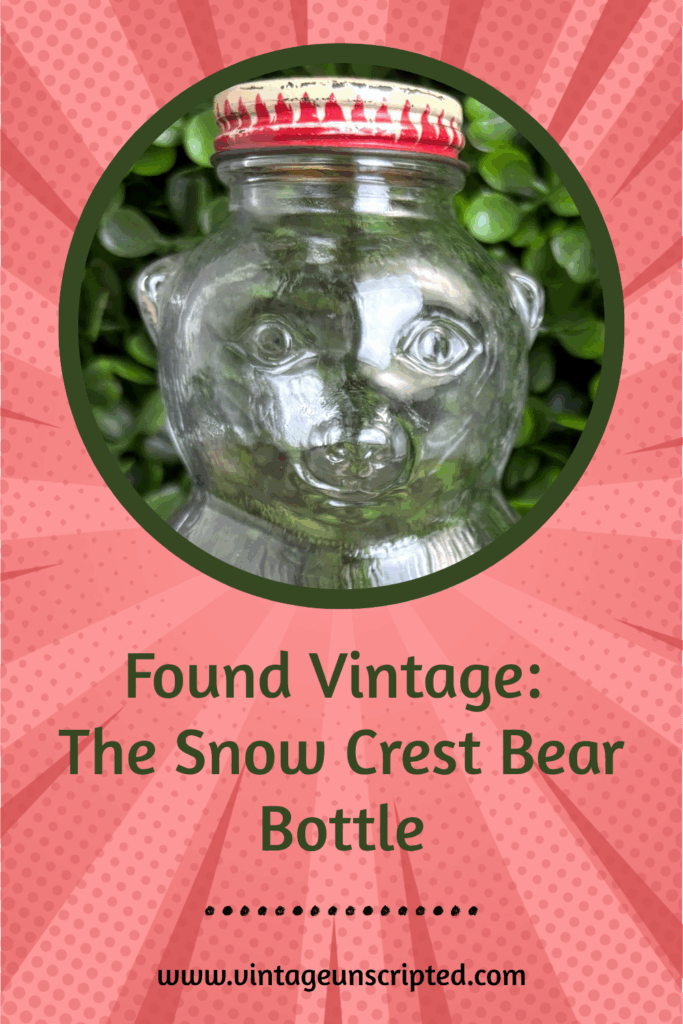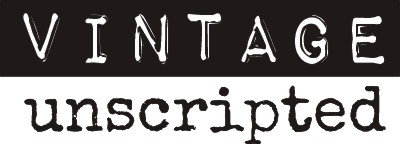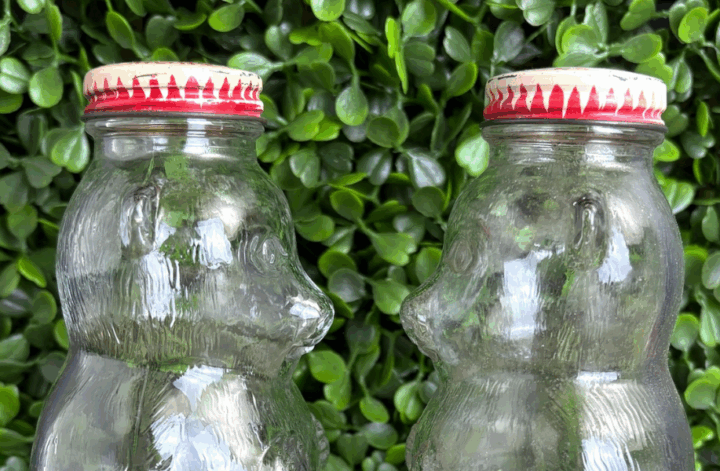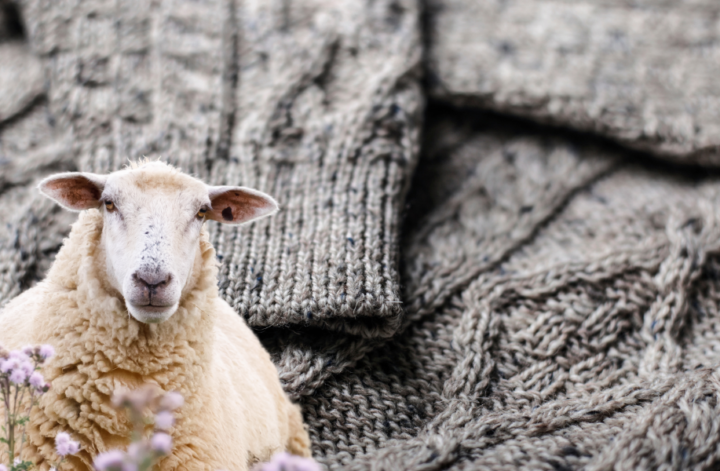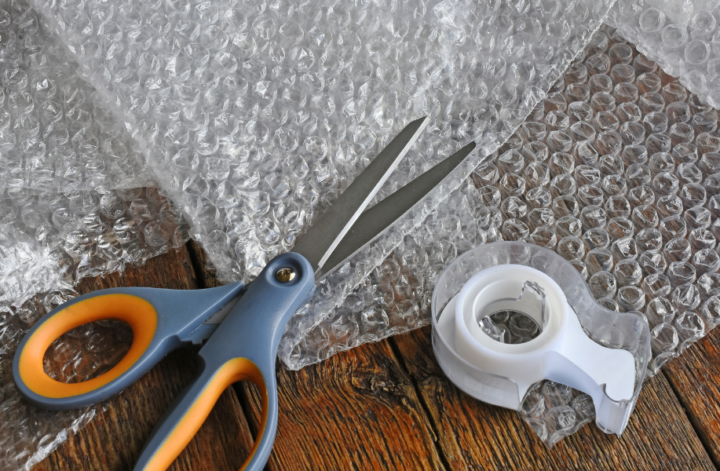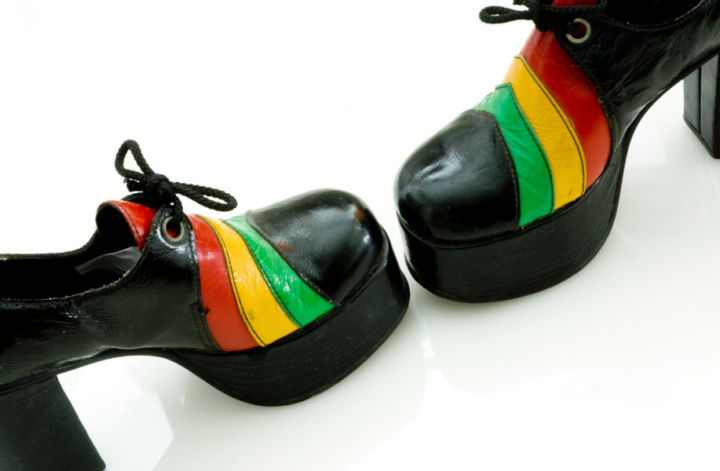Here in New England, there are about 55,000 black bears roaming our woods and backyards, which is why most of us don’t smear ourselves with peanut butter and go for a hike unless we are triple dog dared. There is only one bear that has a larger presence here, and that is the glass Snow Crest bear bottle. This New England native can be found at vintage shops, thrifts and estate sales and lives happily in captivity if fed pennies through the slot in its cap.
 The Snow Crest Beverage company was founded in Salem, MA in 1923, making pure fruit flavored syrups, bitters and fruit drinks. Prohibition, which lasted from 1920-1933, put limitations on all beverage companies including those, like Snow Crest, that also made flavorings for liquor. The making, sale and transportation of alcoholic beverages may have been illegal, but of course, where there’s a will, there’s a still. Hootch was abundant, but it needed a little something to make it palatable. Snow Crest had just the thing, an “imitation pastry flavor” called “Four in One,” that was rye flavored and could be added to hootch to make it taste like Canadian rye whiskey. The ratio was 1 bottle Four in One to 1 gallon hootch, for those who like that level of detail.
The Snow Crest Beverage company was founded in Salem, MA in 1923, making pure fruit flavored syrups, bitters and fruit drinks. Prohibition, which lasted from 1920-1933, put limitations on all beverage companies including those, like Snow Crest, that also made flavorings for liquor. The making, sale and transportation of alcoholic beverages may have been illegal, but of course, where there’s a will, there’s a still. Hootch was abundant, but it needed a little something to make it palatable. Snow Crest had just the thing, an “imitation pastry flavor” called “Four in One,” that was rye flavored and could be added to hootch to make it taste like Canadian rye whiskey. The ratio was 1 bottle Four in One to 1 gallon hootch, for those who like that level of detail.
In 1929, Snow Crest branched into artificially flavored carbonated drinks, sold in single serving bottles and quarts under the brand name Polar Cub.
After Prohibition, Snow Crest continued to make beverages, adding a cola-flavored drink in 1935, marketed as “Sno Kola,” then “Sno Cola” and “Polar Kola” until they finally settled on “Polar Cola.”
As was inevitable, Coca-Cola brought a lawsuit against Snow Crest for trademark infringement in 1946. Coca-Cola thought Snow Crest’s “Polar Cola” and as well as their marketing slogan, “Deliciously Refreshing,” were way to close for comfort. For context, Coke’s slogan was “Delicious and Refreshing.”
Coca-Cola stated that they had been making and selling their dark reddish fountain syrup for eons and had invested scads of money in advertising. They weren’t concerned about the 20% of Snow Crest’s business where syrup was sold to wholesalers, who sold it to soda fountains, where it was blended with seltzer by soda jerks and sold over the counter.
Coke was ticked about what happened with the majority of the syrup, which was sold to six “parent bottlers” who in turn sold it to small local bottlers, who added carbonated water, bottled it in hourglass-shaped bottles and sold it to retailers. Of course, there is a lot more to the case, but this is the litigation in a nutshell.
Coca-Cola lost the first case, and in 1947, appealed to the US First Circuit Court of Appeals. The appeal is where I extracted most of the above information, and it is fascinating if you’re a vintage wonk like me. Spoiler alert: Coke lost on appeal too.
New Englanders may be wondering if, because Snow Crest made Polar Cola, is it related to the Polar Beverage Company of Worcester, MA. It is not. Polar Beverages started as a liquor company under a different name in the 1880s. It became Polar Beverages in 1916, and switched from making liquor to making carbonated beverages during Prohibition.
So what about the Snow Crest bear bottle? There is a shocking lack of documentation on that topic. One seller identifies the bottle as having been patented in 1943, and we tip the cap to them because we dug a rabbit hole looking for the patent and came up tired and dry. I was unable to get a specific citation for what product it was filled with for sale, but based on the size and the screw top, it would be fair to assume it was filled with fruit syrups to make your own beverages and snow cones at home, similar to another New England favorite, ZaRex. Surprisingly, I was also unable to find out when Snow Crest ceased operations.
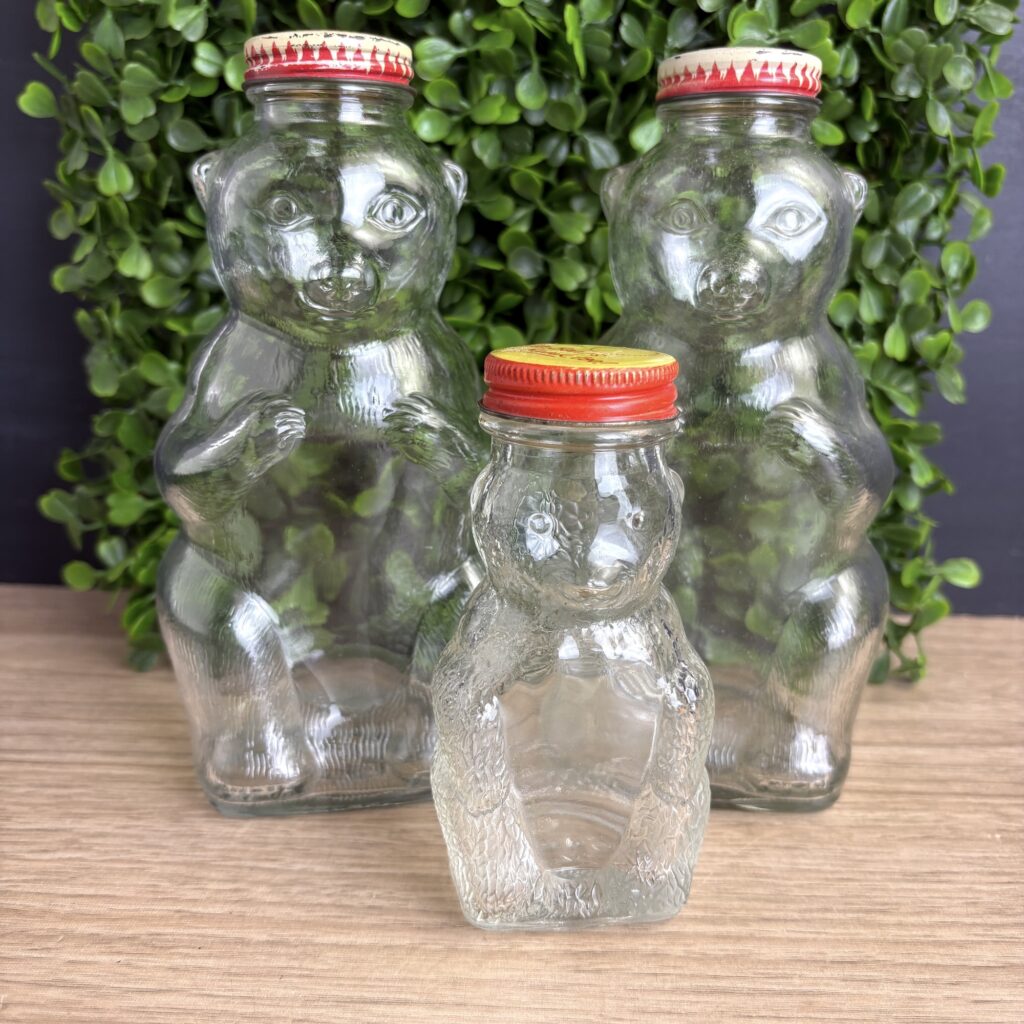
Also note that the Snow Crest bear should not be confused with it’s smaller Massachusetts friend, the glass honey bear, design patented in 1952 by Edward Rachins. (For more on Rachins’s other designs as well as honey bear info, enjoy The sweet, sticky story of the bear-shaped bottle on the delightful blog snack stack.)
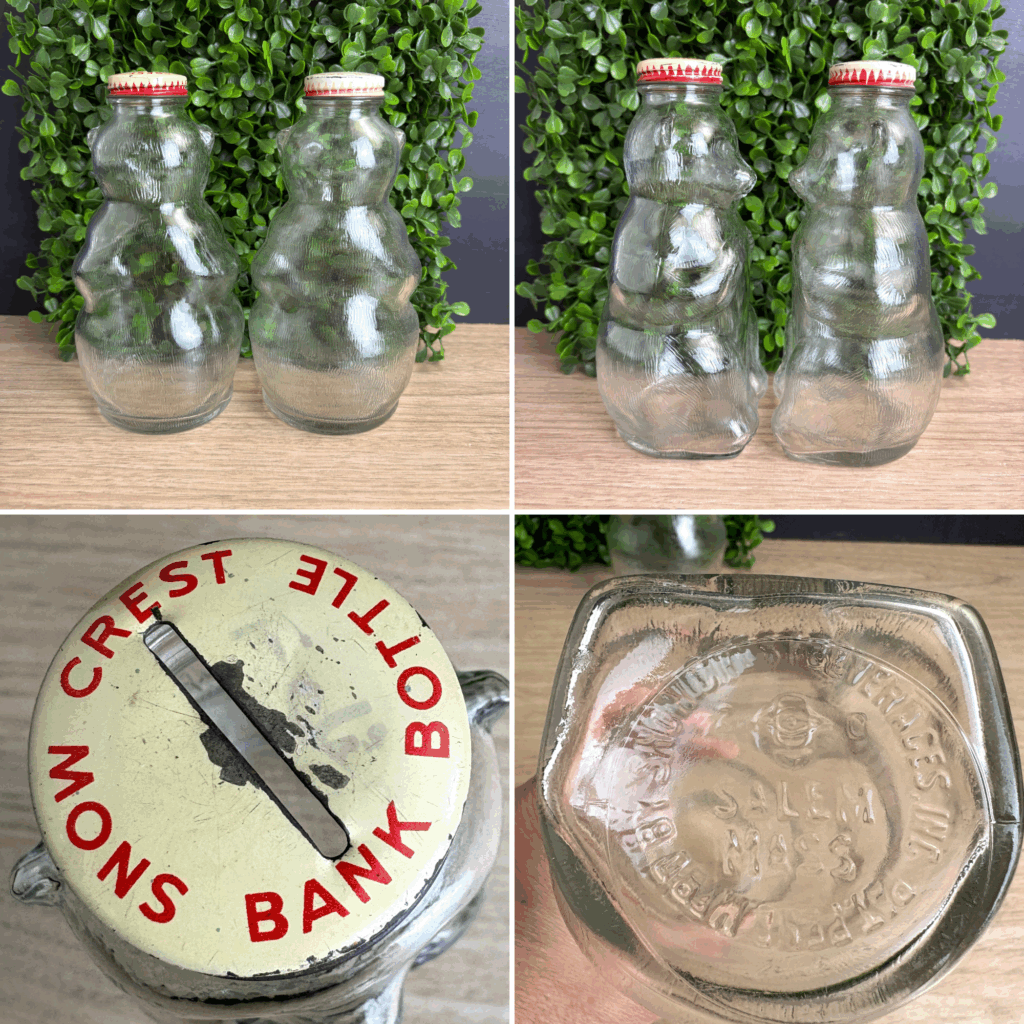
Snow Crest bears are very reasonably priced, ranging from $10-$18 depending on condition. No one sells them because they want to buy a villa in France, they sell them because they’re a regional favorite for sure, and are charming as heck.
If anyone knows more about Snow Crest Beverages or the Snow Crest bear, we sure would like to hear from you. Another of our Found Vintage posts, one on Osgood’s India Cholagogue, has an absolutely fabulous discussion in the comments that makes us smarter and makes our blogging hearts feel warm and fuzzy.
